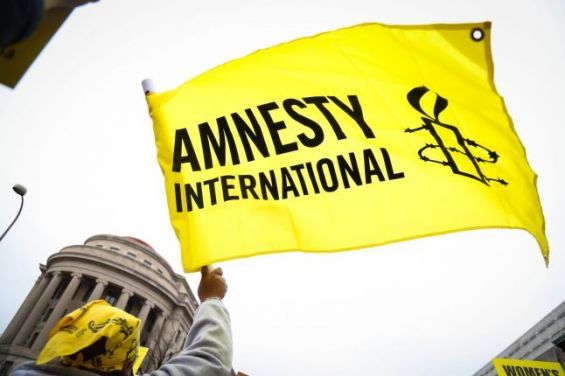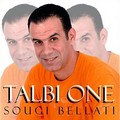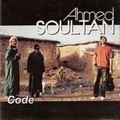In its 2017/18 report issued Thursday, the 22nd of February, Amnesty International, a London-based NGO focused on human rights, gave an overview about the human rights situation in Morocco. Shedding light on the violations committed by the Moroccan authorities, the survey has given a detailed description of what happened in the country throughout the past year.
Starting from freedom of speech, torture and moving to the migrants’ crisis and the rights of the LGBT community, Amnesty International expressed its dissatisfaction with the state of human rights in Morocco. «Journalists and protesters calling for social justice and political rights were imprisoned, often following unfair trials», wrote the authors of the report, referring to Hirak Rif.
«Judicial authorities did not adequately investigate reports of torture in detention. Impunity persisted for past human rights violations. Migrants continued to face excessive force and detention. Courts imposed death sentences; there were no executions».
Detained journalists and activists
The NGO reported that the authorities used Penal Code to prosecute journalists, bloggers, and activists who criticized public officials and reported protests, human rights violations and corruption in some parts of the Kingdom. Amnesty International made reference to Hamid El Mehdaoui who was tried, detained and fined for inciting others to take part in an unauthorized protest while covering Hirak Rif, as well as others such as journalist Ali Anouzla, and academic Maati Monjib for other offences.
In its note about Morocco, the organization did not focuse only on Hirak activists when investigating freedom of assembly around the Kingdom. It has reported arrests in the southern regions of Morocco (Laayoune, Smara Boujdour Dakhla), as well as in Chaouia-Ouerdigha where citizens were held by the Gendarmeries Royales for protesting and in the north.
For ill-treatment and torture, Amnesty International mentioned the National Preventive Mechanism against torture that the country is working on establishing after a visit of the UN Subcommittee on Prevention of Torture. It also shed light on the fact that «Rif protesters, drawing on statements that defendants claimed were coerced», blaming the court for not «investigating their allegations that they were tortured and otherwise ill-treated in custody».
The report has also overviewed how Moroccan authorities dealt with the refugees and migrants crisis. «Morocco did not adopt a law on asylum but maintained its policy of allowing refugees access to basic rights and services, including education», said the NGO referring to sub-Saharan migrants and Syrian refugees.
Last but not least, Amnesty pointed out that Moroccan «courts continued to imprison men under Article 489 of the Penal Code that criminalizes consensual same-sex sexual relations», when talking about the LGBT community rights.
Questioning the report's objectivity
While the organization, that has over 7 million members and supporters around the world, release presented the report in Rabat through its Morocco office, the Moroccan authorities said that the methodology adopted by Amnesty International in conducting its reports on the human rights situation in Morocco lacks objectivity and transparency and is characterized by an absence of unbiased analysis and rigorous checking of allegations.
Reported by MAP news agency, the ministry of state for human rights issued a communiqué denouncing the report. «The Moroccan authorities ( …) noted, after a preliminary reading, the adoption by the body, again, of wrong facts, generalizations and pre-established value judgments», said the ministry.
The Moroccan authorities are carefully studying the content of this report to prepare appropriate answers to data and assessments that do not reflect the reality of human rights in Morocco, pursuant to the government decision to interact with reports by National and International NGOs and set up a standing mechanism to deal with them.




 chargement...
chargement...












